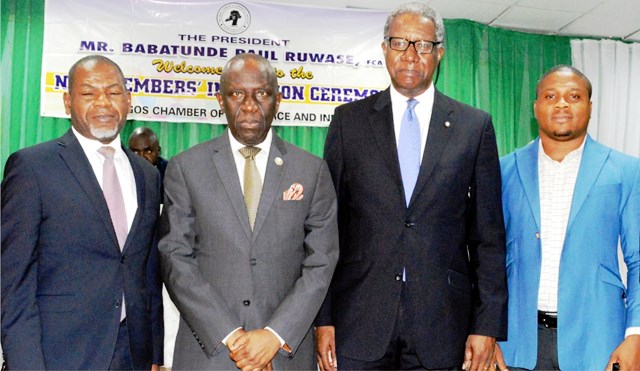Business
UNICEF To Assist States In Finance Management

The United Nations Children’s Fund (UNICEF) says it plans to strengthen the capacities of states in Nigeria in public finance management to ensure adequate funding for children programmes.
This is contained in a communiqué at the end of a 5-day UNICEF Workshop on Public Finance for Children in Abuja on Sunday.
Participants at the workshop recommended the mainstreaming of UNICEF programmes into states’ development plans for better results.
They decried Nigeria’s heavy reliance on oil revenue at the detriment of other sectors.
“Going by presentation from the Budget Office of the Federation on the structure of the Nigerian economy: Nigeria’s tax to GDP ratio is less than 6 per cent; while the sub-Saharan Africa average is 16 per cent,’’ the participants said.
They also decried the absence of an organic budget law in the country and called on both the executive and the legislature to work towards
enacting such law.
“Also going by the presentation it is clear that Nigeria does not have an organic budget law; that is a financial constitution guiding budgeting process in the country,’’ the participants said.
They also stressed the need for UNICEF to engage the Nigeria Governor’s Forum (NGF) as well as states’ Executive Councils to advocate for better funding for children’s programmes.
“There is the need to engage the Nigeria Governor’s Forum (NGF) and Executive Councils at states level in regards to advocacy on budget processes.
“Looking at the presentations from six states-Borno, Cross River, Delta, Jigawa, Kaduna and Kebbi- it showed capacity gaps in budgeting
processes including related planning and programming framework.
“There is also need to support governments at the federal and state levels in budget processes. There is still room to influence 2019 budget,’’ the participants added.
They also stressed the need for monitoring and reporting mechanism on states’ counterpart funding to ensure strict compliance.
Transport
Automated Points Concession : FAAN Workers Gave 72hrs To Revise Decisions In PH

Transport
FAAN Announces Pick-Up Points for Go-Cashless Cards

Business
Fidelity Bank To Empower Women With Sustainable Entrepreneurship Skills, HAP2.0
-

 News5 days ago
News5 days agoAmend Constitution To Accommodate State Police, Tinubu Tells Senators
-

 Politics5 days ago
Politics5 days agoSenate Urges Tinubu To Sack CAC Boss
-
Business5 days ago
Crisis Response: EU-project Delivers New Vet. Clinic To Katsina Govt.
-
Business5 days ago
President Tinubu Approves Extension Ban On Raw Shea Nut Export
-

 News4 days ago
News4 days agoDisu Takes Over As New IGP …Declares Total War On Corruption, Impunity
-
Business5 days ago
Fidelity Bank To Empower Women With Sustainable Entrepreneurship Skills, HAP2.0
-
Business5 days ago
President Tinubu Extends Raw Shea Nuts Export Ban To 2027
-
Sports5 days ago
NDG: Rivers Coach Appeal To NDDC In Talent Discovery

